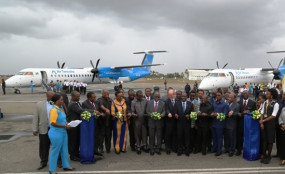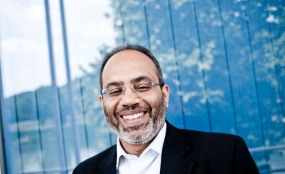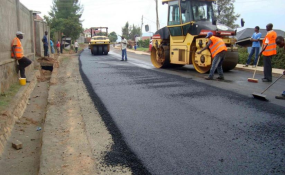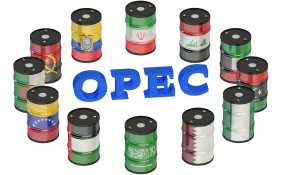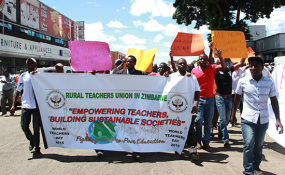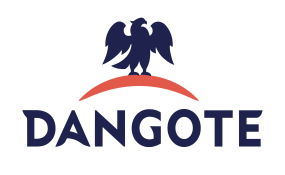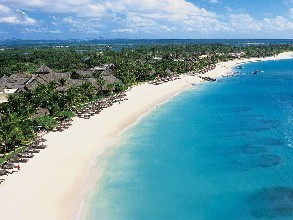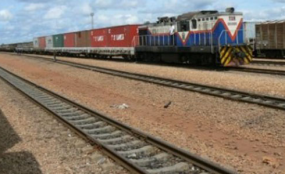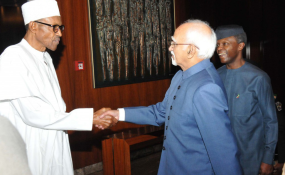By Katare Mbashiru
Plans are well underway for the government to purchase two more new aircrafts to revamp the ailing national flag carrier, Air Tanzania Company Limited (ATCL).
President John Magufuli affirmed in Dar es Salaam yesterday that already the government has allocated adequate money to buy a 160-seater aircraft and another plane with capacity to carry over 240 passengers.
"If we purchase the aircraft that carries 240 passengers, customers will be assured of direct flights from Dar es Salaam to China or US and our tourists from China, US, Russia, Germany and other countries will comfortably arrive in our country," he said.
Dr Magufuli was speaking at the Julius Nyerere International Airport (JNIA) at the official launch of the two new aircrafts that have just arrived from Canada. The government procured the two brand new Bombardier Q400 NextGen aircrafts from Canada at a cost of 46.6 million US dollars (over 90bn/-).
The planes are expected to boost ATCL's performance in the domestic and international flights.
The president said the government decided to buy the aircrafts that have been leased to ATCL to operate professionally and recoup the government's invested capital.
He expressed his satisfaction on the new board, saying it was one of the best with good brains, insisting that the government hired the ATCL's Chief Executive who was working abroad.
The president said the government has already allocated 100bn/- for the construction of various airports countrywide to enable people interested on using air transport to do so without any problem.
In improving transport in Dar es Salaam city, the president hinted that the government plans to buy trams, buy more wagons for commuter trains and build interchange at Ubungo junction.
The official inauguration of the two new aircrafts was attended by, among other leaders, Chief Secretary (CS), Ambassador John Kijazi and the Minister for Works, Transport and Communications, Prof Makame Mbarawa.
ATCL recently got a new Director General Ladislaus Matindi and new board of directors chaired by Eng Emmanuel Korosso. Prof Mbarawa last week gave ATCL a three-month ultimatum to restructure the entire management.
Ambassador Kijazi, speaking at the event yesterday, said that the two aircrafts were not an ultimate solution to the ATCL's woes. "The company needs to come up with a strategy that will help it to run commercially and generate profit … the challenges are known and it's now time to make changes," he said.
He said the two government owned planes through ATCL will be operated on lease agreement.
Dr Magufuli said they opted for the modality in order to ensure that the planes were not operated in 'business as usual' style that has crippled ATCL in the first place.

